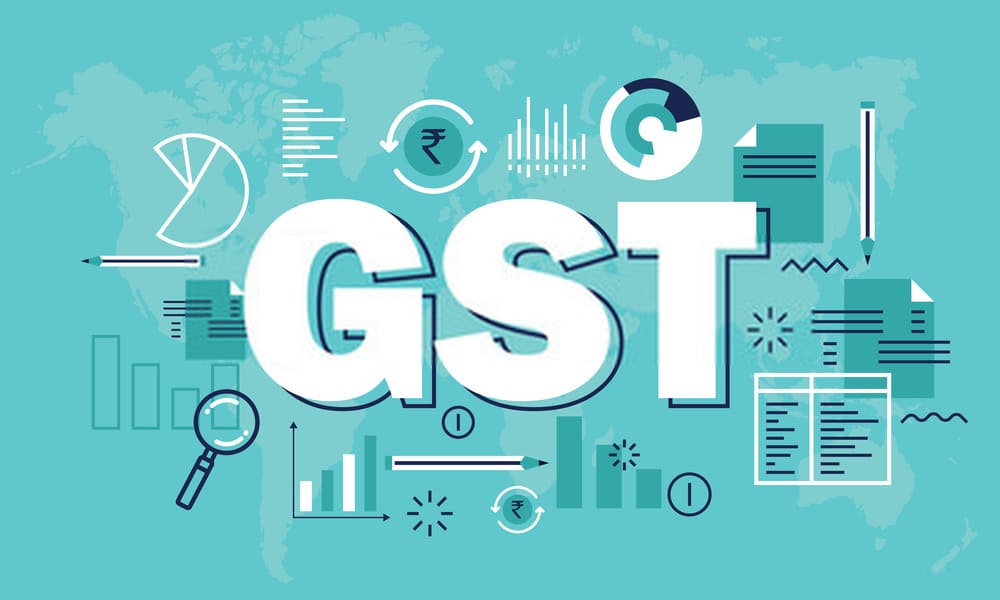In the modern era, media and immediate analysis of Budget makes the same more exciting. The preparation of the Budget is always guarded as a well-kept secret exercise. The Union finance ministry takes no chances and ensuring that the contents of the Budget to be presented by Finance Minister in Parliament are not leaked out before he begins to read his Budget speech.
Since independence, the union budget was announced at 5 pm on the last working day of the month of February. About a decade back this practices was changed and Budget is presented at 11.00 a.m. In comparison to last decade, in Budget 2017 two major shifts is made is that the Railway Budget is combined with the Finance Budget as well as the Budget is presented on 1st of February instead of Last day of February.
After introduction of GST, all major decisions like change in rates, exemptions etc. will be taken by GST council after voting. Thus, except for Customs and products which are out of scope of GST, all the decisions are to be taken by voting on recommendations made by the GST Council. Thus, it may very well be the last full-fledged budget as far as Indirect Tax is concerned. It is practically end of an era. In democracy there cannot be any secrets and thus the changes in GST will not be as secretly guarded as it is in present scenario.
The Finance Minister, Arun Jaitley refrained from making major alterations in indirect taxes, keeping in sight the implementation of Goods & Services Tax (GST). Coming to the changes brought by the Budget 2017, in Service Tax, Excise and Customs, the pending cases before Advance Ruling Authority are proposed to be transferred to the Authority established under Section 245O of the Income Tax Act. Research & Development Cess has been proposed to be repealed. Exemption from Service Tax has been provided to Armed Force Insurance Funds. The State Government Industrial Developmental Corporation has been granted retrospective exemption for amounts received towards grant of long term lease.
The Customs Law has undergone many changes. Basic Customs duty rate on Cashew nuts has been increased,thereby dryfruits in general have become more expensive. BCD on LNG has been reduced promoting the swachh bharat abhiyaan. Generating power from renewable sources of energy like wind and solar energy has been made more affordable BCD on catalyst and resin used in manufacture of Wind operated Electricity Generator has been reduced and exempting SAD on the same and BCD has been reduced to NIL on solar tempered glass or same used for manufacture of solar cells/panels/modules. Buying silver, silver medallions or coins with silver content not below 99.9% has been made dearer by raising standard duty to 10% from 6%. Mobile phone has been made expensive by raising the duty on populated PCB’s of mobile phones. Import of goods through postal parcels, packets and letters, of CIF value not more than Rs.1,000/- per consignment are being exempted from BCD, CVD and consequently from SAD. In order to incentivise domestic value addition and to promote Make in India, the Honourable Finance Minister has proposed to make changes in respect of certain items for addressing duty inversion. The Excise Duty has been hiked for cigarettes of all sizes. The prices of RO system will go down. Government is promoting the Cashless transactions, they have proposed to reduce the duty rate on manufacture at Nil for the products like POS card reader, Micro ATM, Fingerprint Reader/Scanner and Iris scanner and for the components thereof too. However, there are no big such changes in the tax structure of the Excise regime as the GST shall be come into force in upcoming future. It is practically an end of an era as far as Budget proposals for indirect taxes is concerned.
